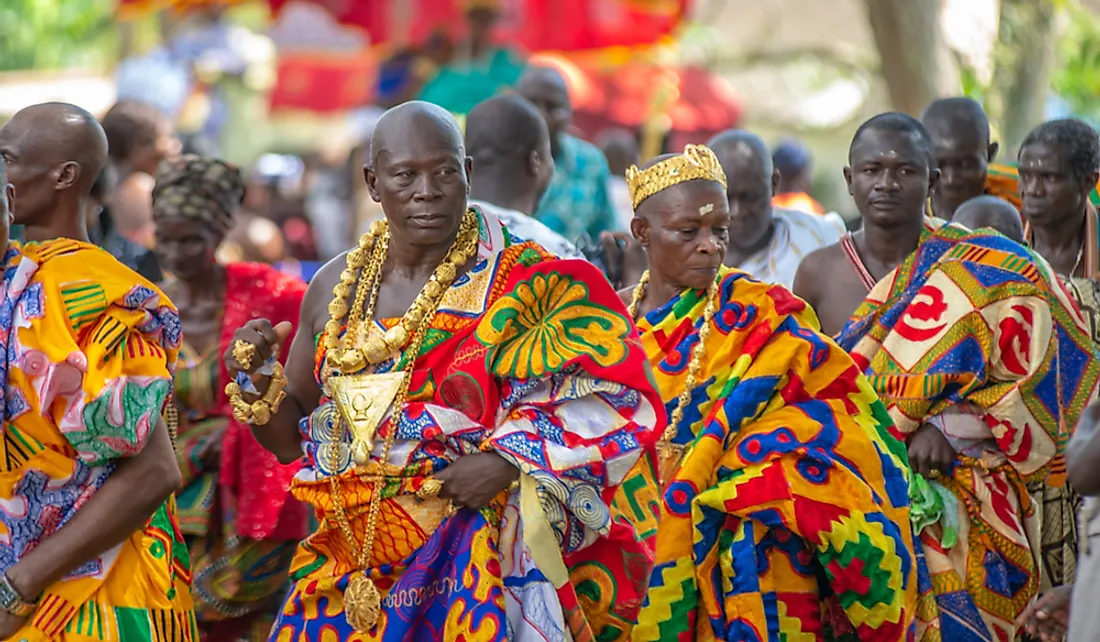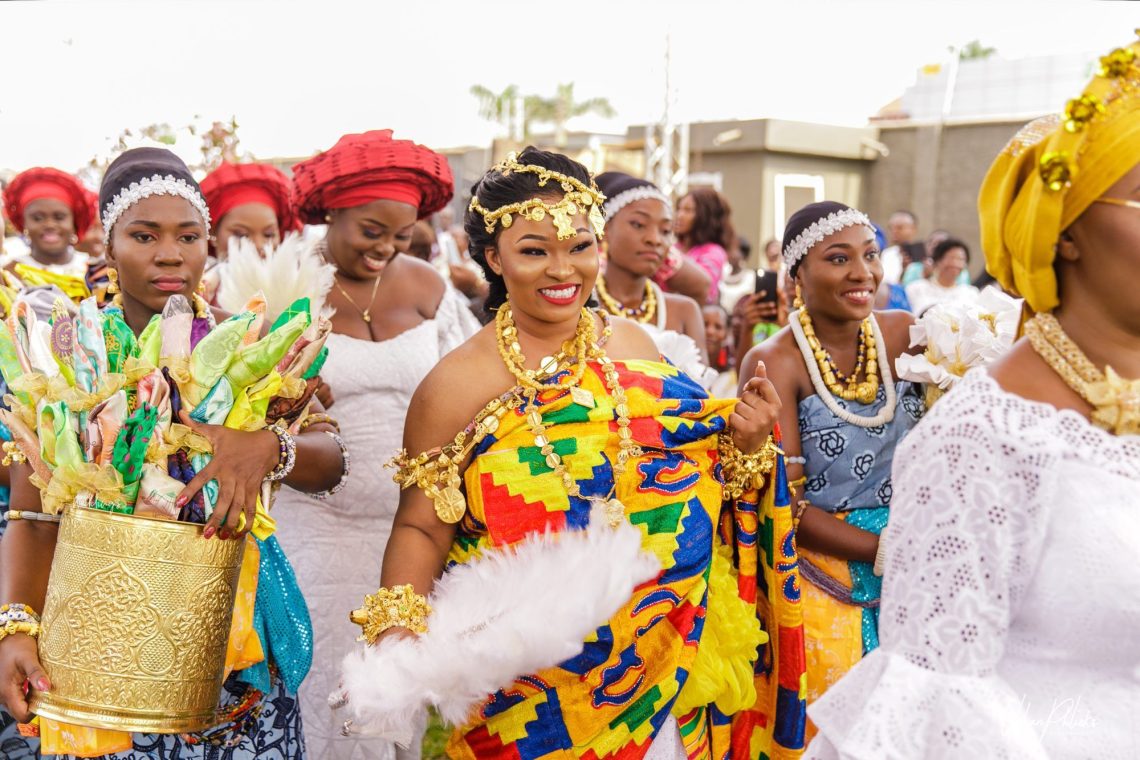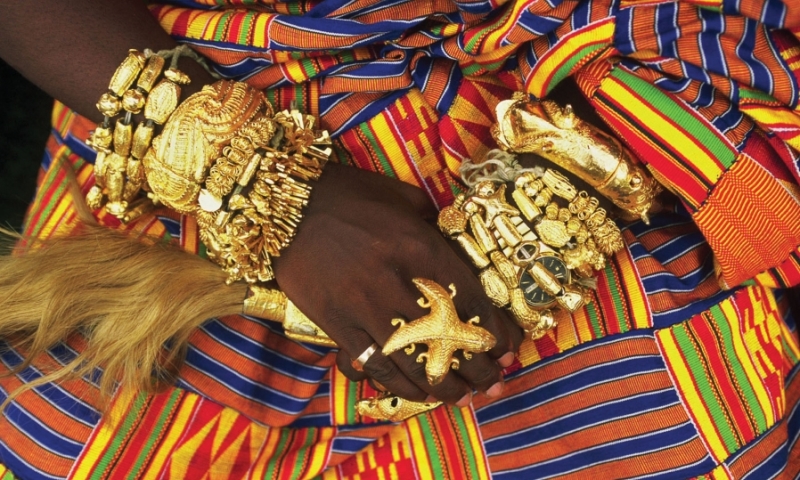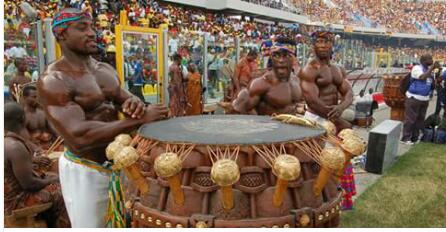Ghana: A West African Jewel with Rich History and Vibrant Culture
Related Articles: Ghana: A West African Jewel with Rich History and Vibrant Culture
Introduction
With enthusiasm, let’s navigate through the intriguing topic related to Ghana: A West African Jewel with Rich History and Vibrant Culture. Let’s weave interesting information and offer fresh perspectives to the readers.
Table of Content
Ghana: A West African Jewel with Rich History and Vibrant Culture

Ghana, a nation nestled on the west coast of Africa, holds a significant place in the continent’s history and continues to be a beacon of cultural richness and economic potential. Understanding Ghana’s geographical location is crucial to appreciating its unique character and the many benefits it offers.
A Glimpse into Ghana’s Location:
Ghana occupies a strategic position in West Africa, bordered by Côte d’Ivoire to the west, Burkina Faso to the north, Togo to the east, and the Gulf of Guinea to the south. Its coastline stretches for approximately 550 kilometers along the Atlantic Ocean, providing access to vital trade routes and maritime resources.
Navigating Ghana on a Map:
To locate Ghana on a map, focus on the western bulge of the African continent. Ghana’s position can be easily identified by its proximity to the equator, with its northernmost point being just above the line. It lies between the 4th and 11th parallels north and the 0th and 3rd meridians west.
Key Geographic Features:
Ghana’s geography is characterized by a diverse landscape, encompassing coastal plains, rolling hills, and forested areas.
- Coastal Plains: The southern region of Ghana is dominated by the coastal plains, characterized by fertile soils and a humid tropical climate. This region is home to major cities like Accra, the capital, and Tema, a major port city.
- Rolling Hills: As one moves inland, the landscape transitions into rolling hills, with the Ashanti Region being a notable example. This region is known for its rich cocoa plantations and its historical significance as the heartland of the Ashanti Empire.
- Forested Areas: Ghana’s northern regions are covered by dense forests, home to diverse flora and fauna. These areas are important for timber production and conservation efforts.
The Significance of Ghana’s Location:
Ghana’s strategic location has played a crucial role in shaping its history and its economic development.
- Historical Significance: The country’s coastal position facilitated trade with European powers, leading to the establishment of significant trading posts during the colonial era. This era also witnessed the infamous Trans-Atlantic slave trade, with Ghana serving as a major point of departure for enslaved Africans.
- Economic Advantages: Ghana’s location provides access to important trade routes, both within Africa and globally. Its proximity to other West African countries fosters regional trade, while its coastal position allows for easy access to international markets.
- Biodiversity Hotspot: Ghana’s diverse landscape supports a rich biodiversity, with numerous national parks and reserves safeguarding endangered species. Its location within the Guinean Forests of West Africa biodiversity hotspot further underscores its ecological importance.
Beyond Geography: A Nation of Rich Culture and Potential
While Ghana’s location is a defining factor, it is its people and their vibrant culture that truly captivate visitors. The country boasts a rich history, evident in its numerous historical sites and museums. From the ancient castles of Cape Coast and Elmina to the majestic Kakum National Park, Ghana offers a captivating journey through time and nature.
FAQs about Ghana’s Location:
- What is the best time to visit Ghana? Ghana enjoys a tropical climate with distinct wet and dry seasons. The best time to visit is during the dry season, from November to April, when temperatures are pleasant and rainfall is minimal.
- Is Ghana safe for tourists? Ghana is generally a safe country for tourists, but it is important to be aware of your surroundings and take necessary precautions, as in any other travel destination.
- What are some of the most popular tourist attractions in Ghana? Popular tourist attractions include the Kakum National Park, the Kwame Nkrumah Mausoleum, the National Museum, the Ashanti Cultural Centre, and the Cape Coast and Elmina Castles.
- What is the currency used in Ghana? The official currency of Ghana is the Ghanaian cedi (GHS).
Tips for Visiting Ghana:
- Research and Plan: Before embarking on your journey, research the different regions of Ghana and the attractions that interest you.
- Respect Local Customs: Ghana has a rich cultural heritage, and it is essential to respect local customs and traditions.
- Negotiate Prices: Bargaining is common in Ghana, especially in markets and souvenir shops.
- Learn a Few Basic Phrases: Learning a few basic phrases in the local language, Twi, can enhance your interactions with the locals.
- Enjoy the Food: Ghana’s cuisine is diverse and flavorful, with dishes like fufu, banku, and kenkey being popular choices.
Conclusion:
Ghana, a West African nation with a rich history and vibrant culture, holds a strategic location on the continent. Its geographic position, characterized by coastal plains, rolling hills, and forested areas, has played a crucial role in shaping its history and its economic development. From its historical sites and cultural traditions to its diverse natural landscapes, Ghana offers a captivating travel experience. By understanding Ghana’s location and its significance, visitors can better appreciate the country’s unique character and the many benefits it offers.








Closure
Thus, we hope this article has provided valuable insights into Ghana: A West African Jewel with Rich History and Vibrant Culture. We hope you find this article informative and beneficial. See you in our next article!
